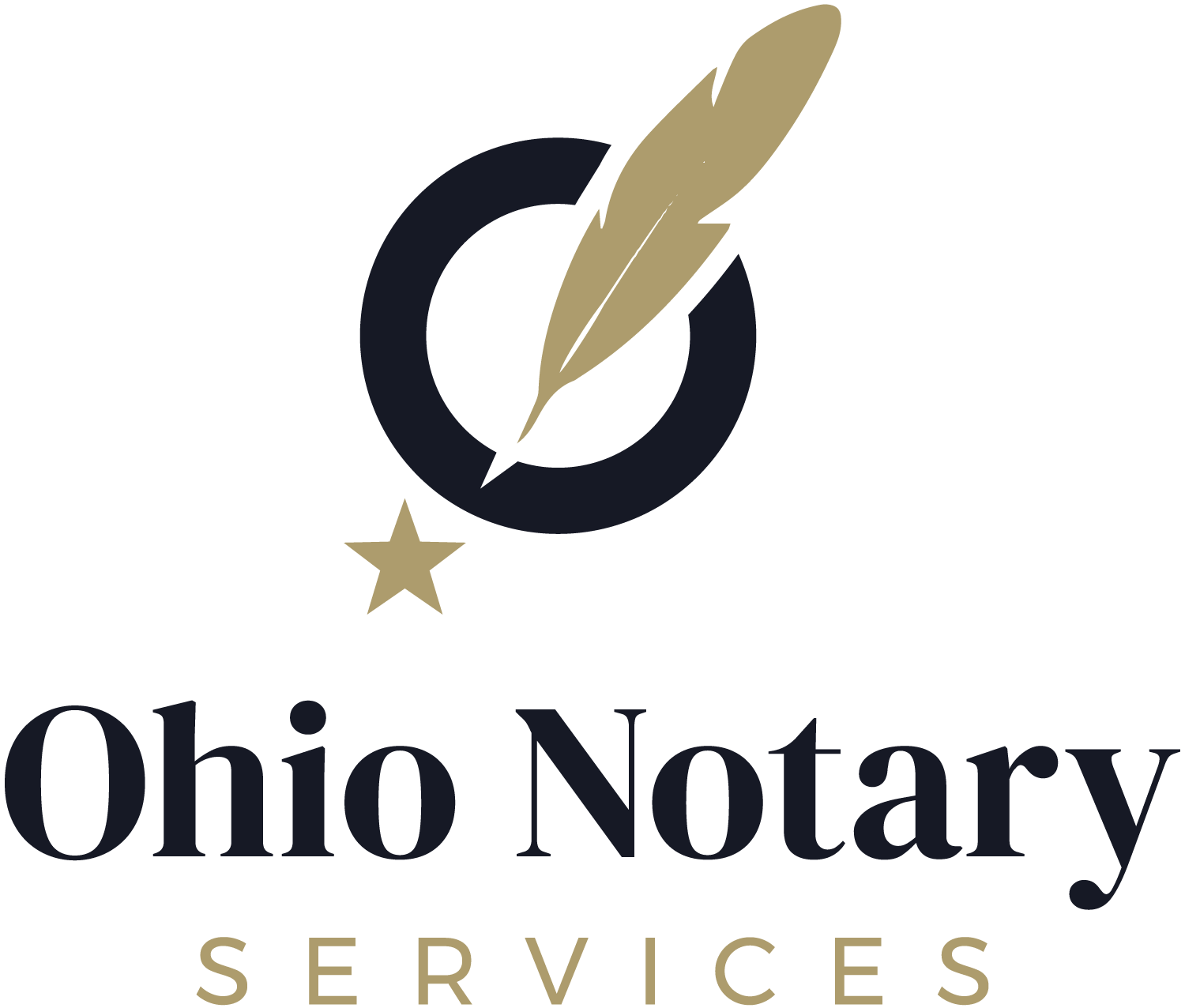Apostille Process Explained: Streamlining Global Document Confirmation
Apostille Process Explained: Streamlining Global Document Confirmation
Blog Article
Debunking Notarial Work: Streamlining the Role and Value of Notaries
In the intricate web of legal documentation and confirmation, notaries stand as pillars of guarantee and credibility. Their duty, often shrouded in enigma for many, carries significant weight in making sure the validity and integrity of essential files. As guardians of legitimacy and truth, notaries play a critical part in our society, yet their work is not always completely comprehended. By unwinding the intricacies losing and surrounding notarial practices light on the importance of their acts, a clearer understanding emerges of the crucial function notaries play in supporting the fabric of contractual and legal agreements.
The History of Notarial Job
The history of notarial work days back to old human beings, where scribes played a crucial function in taping important details and confirming files. This led to the growth of notaries, individuals assigned by the state to act as objective witnesses in legal matters.
Throughout the Center Ages, notaries gained prestige in Europe, with their features increasing to include drafting legal documents, accrediting trademarks, and preserving documents. The surge of global profession even more stressed the importance of notarial work in verifying agreements and agreements across borders.
In the modern era, notaries remain to play an essential duty in lawful and service purchases by validating identifications, validating the credibility of files, and preventing fraud. Their duty in certifying the legitimacy of arrangements includes a layer of protection and trust to the ever-evolving landscape of commerce and regulation.

Obligations and Responsibilities of Notaries
The historic development of notarial work from old civilizations to the modern age has actually shaped the unique responsibilities and responsibilities that notaries promote in lawful and service deals today. Notaries play an important function in verifying the credibility of papers and the identity of signatories. Among their main responsibilities is to witness the signing of essential records, such as wills, contracts, and actions, to make certain that all celebrations are participating in agreements intentionally and willingly. Notaries additionally confirm that notaries are of audio mind and not under pressure or threat.
They license duplicates of initial papers, giving guarantee to institutions that the duplicates are real replicas of the originals. Generally, the obligations and obligations of notaries are important in securing the honesty and legitimacy of different documents and transactions - Notary.
Notarial Certificates and Signatures
Exemplifying thorough focus to information, notarial certifications and signatures act as necessary parts in verifying the authenticity of lawful records. Notarial certificates normally consist of important details such as the day of registration, the names of the signatories, a summary of the paper, and the notary's main seal. These certificates give a clear record of the notarial act, ensuring that the file can be quickly identified and mapped back to the notary who oversaw the procedure.
Signatures play a pivotal function in notarial work, as they indicate the agreement and permission of the events included. Notaries meticulously witness the signing of records to confirm the identity of the notaries and validate that they are signing of their very own cost-free will. By attaching their main seal and signature to the record, notaries accredit that the necessary procedures have actually been followed which the paper is enforceable and valid.
Fundamentally, notarial certificates and trademarks are the hallmark of authenticity in lawful deals, providing assurance to all events entailed that the files are legit and binding.
Importance of Notarial Acts

Notarization Process Discussed
The notarization process generally starts with the private providing the record to a notary public. When the identity is validated, the notary makes sure that the private signing the document does so voluntarily and without any type of coercion.

Verdict

Notarial certificates normally have crucial info such as the day of registration, the names of the notaries, a description of the record, and the notary's main seal. These certifications provide a clear record of the notarial act, making certain that the document can be easily determined and traced back to the notary who oversaw the process.
By fastening their main seal and trademark to the paper, notaries license that the essential treatments have actually been followed and that the file is legitimate and enforceable.
By validating the identification of the notaries, validating their determination to enter into the contract, and certifying the day and area of the signing, notaries play a crucial role in promoting the legitimacy of legal documents.After the document is authorized, the notary will certainly affix their official seal or stamp onto the record.
Report this page